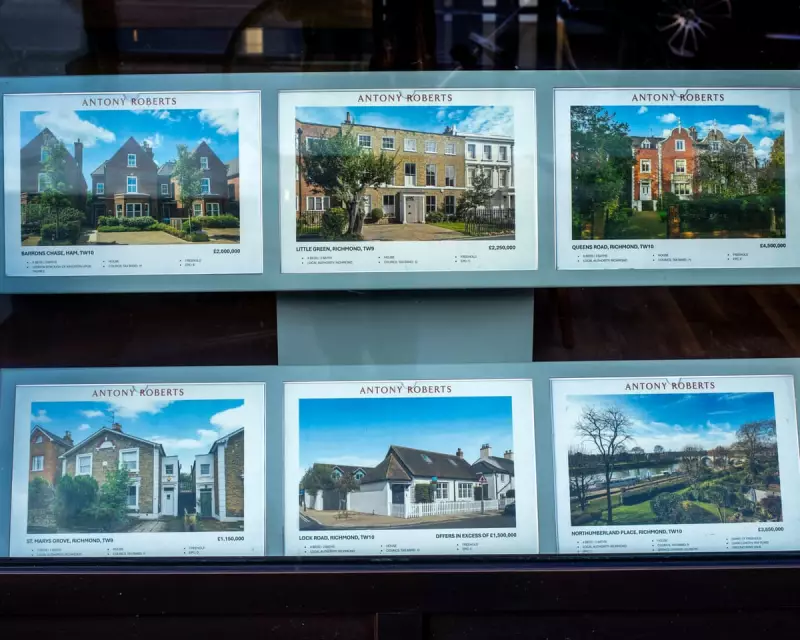
Residents in the affluent London borough of Richmond have expressed a mixture of resignation and frustration following Chancellor Rachel Reeves's announcement of a new council tax surcharge on high-value properties in England.
The measure, dubbed a 'mansion tax' by critics, will impose additional annual charges on homes valued at £2 million or more from April 2028, with properties in leafy Richmond expected to be among the most affected nationwide.
Local Backlash Against 'Mansion' Label
In an area where detached family homes regularly command prices upwards of £2 million, many residents argue the term 'mansion' is fundamentally misleading. Nick Miller, a local homeowner trying to sell his five-bedroom 1930s property for exactly £2 million, captured the prevailing sentiment: "It's laughable. I don't live in a mansion. It's a 1930s house."
The Richmond constituency, which includes Barnes, Kew, East Sheen and Richmond-on-Thames, boasts the capital's largest royal park, excellent schools and strong transport links, making it perennially popular with well-heeled Londoners including celebrities like David Attenborough and Richard E Grant.
According to Land Registry data analysed by The Guardian, houses worth £2m or more accounted for 6.4% of sales in Richmond-upon-Thames over the past five years - equivalent to nearly one in every fifteen property transactions.
How the New Property Tax Will Work
Under the new regime announced in Wednesday's budget, properties in England valued at £2 million or more in 2026 will face an annual high-value council tax surcharge beginning in April 2028. Property values will be determined by the government's Valuation Office Agency rather than sale prices.
The system will operate across four price bands:
- £2,500 annually for properties valued between £2m-£2.5m
- £7,500 annually for properties valued at £5m and above
The surcharge will increase each year in line with CPI inflation and is projected to raise approximately £400 million in the 2029-30 financial year. Unlike standard council tax, these revenues will go to central government rather than local authorities.
Market Reactions and Long-Term Consequences
Local estate agents reported that weeks of speculation about potential property tax changes had already stalled market activity before the budget. Amy Reynolds, head of sales at Antony Roberts estate agents in Richmond, noted: "The phone would be ringing off the hook if it was bad news. I'm grateful it isn't worse."
Rory Clarke, senior sales consultant at Hamptons, offered measured analysis: "In Richmond, £2m to £2.5m gets you a lovely house, but not a mansion by any means. The new regime isn't ideal but shouldn't impact someone owning a home at that level too much."
Property analysts anticipate several long-term consequences:
- Older homeowners who have seen their property values soar over decades will be disproportionately affected
- Some sellers may reduce asking prices to just below £2m to avoid the surcharge bracket
- Increased incentive for older residents to downsize, potentially pushing demand into London's commuter belt
The Miller family's experience illustrates the challenges facing some residents. After living in their East Sheen home for thirty years, they've struggled to sell despite multiple price reductions to the current £2 million asking price. "It won't help our case - it's just more burden for buyers," Nick Miller commented.
The budget also included a two percentage point increase in basic and higher rates of tax on property, dividend and savings income, creating additional pressure on landlords - particularly those who own property in their own name rather than through limited companies.
Analysts at Hamptons warned this could accelerate the trend of investors exiting the market, potentially reducing rental supply and pushing rents higher, despite the Office for Budget Responsibility suggesting behavioural changes might ultimately reduce the tax's revenue impact.





